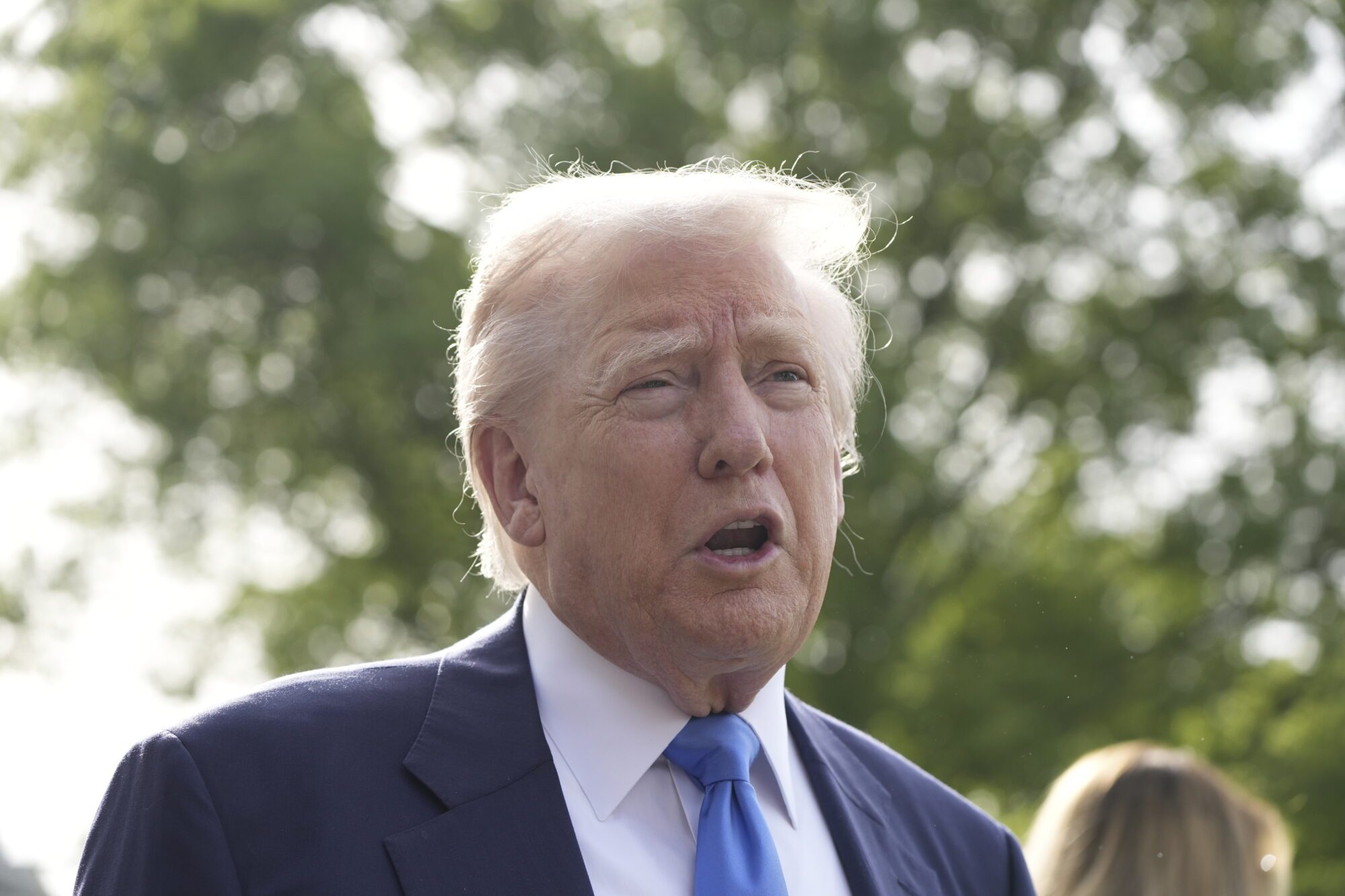BRIAN PERRY / Lottery at what cost?
I doubt a lottery would diminish a gambler’s plan to drive hours to the Coast or Tunica to play table games, or spend a day or two at a casino. Perhaps a lottery would diminish local walk-ins from playing slot machines. Whatever the result, lottery revenue would need to match and exceed any lost casino related revenue for it to be a smart move for the state.
But there is a major difference between casinos and a lottery. The state taxes casinos. The state becomes an active partner with a vested interest in the success of its lottery monopoly. That partnership markets the lottery to increase participation and thus increase the financial reward to the partnership.
States spend millions of dollar on marketing the lottery to encourage people to buy tickets. That’s because advertising works. People respond and studies show the greatest response for lotteries come from the poorest 20 percent of the population. Those who can least afford to spend money on lottery tickets spend the greatest percentage of their income on tickets. And the state is an active player in pushing the “buy lottery tickets” message to these people.
The public policy conflict is obvious. The state is also an active player in assisting those in poverty meet their basic needs for food, housing and healthcare. Ultimately, the state’s policy toward those receiving such benefits should be – when possible – to encourage them to rise out of poverty; not targeting them with lottery illusions. Through a lottery, the state on one hand encourages irresponsible financial behavior from those in poverty it seeks with the other hand to help.
When balancing the books on a lottery, the state should subtract from the “new revenue” the costs of weakening its own anti-poverty policies.
Neshoba Democrat
2/8/17







